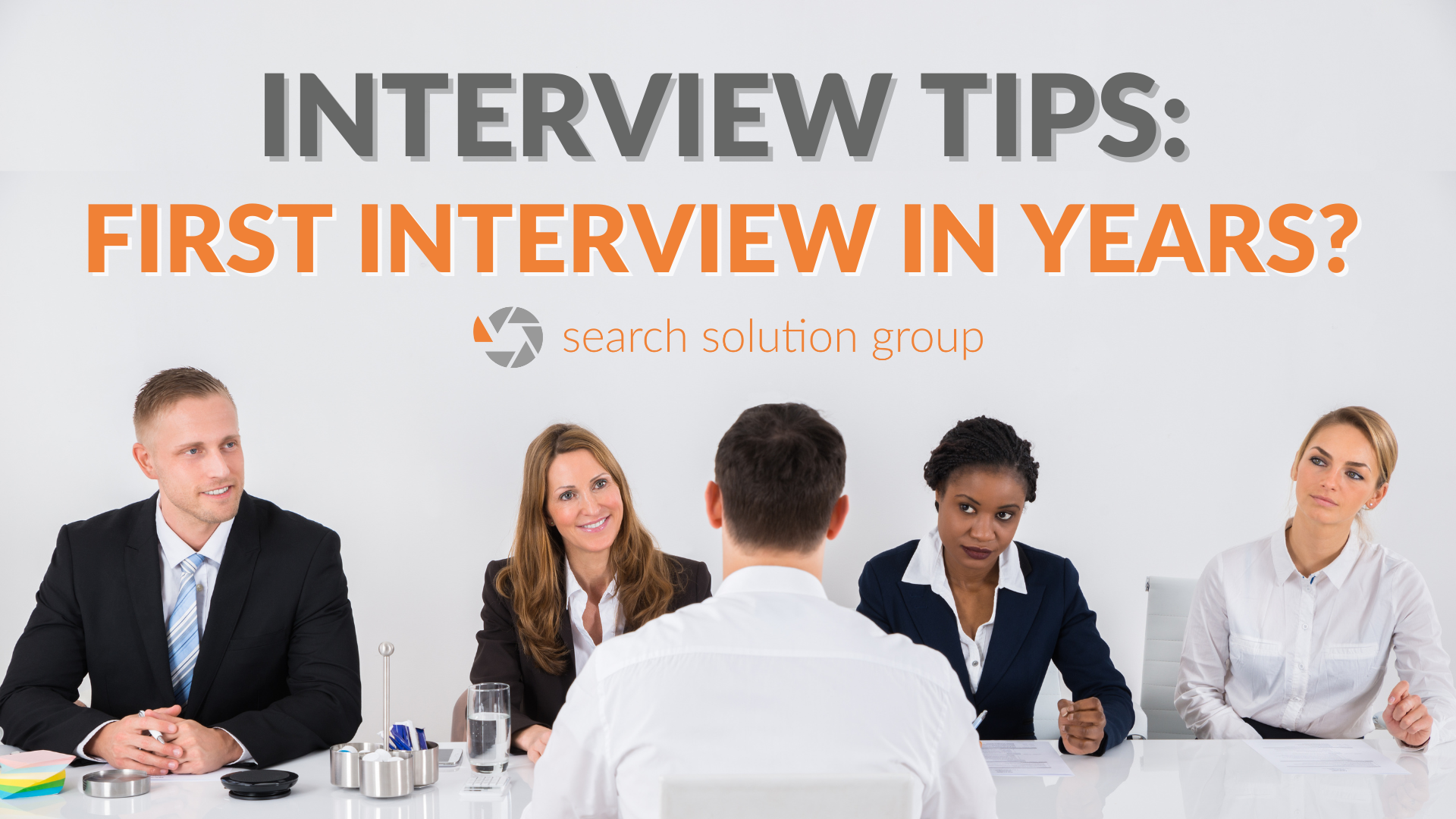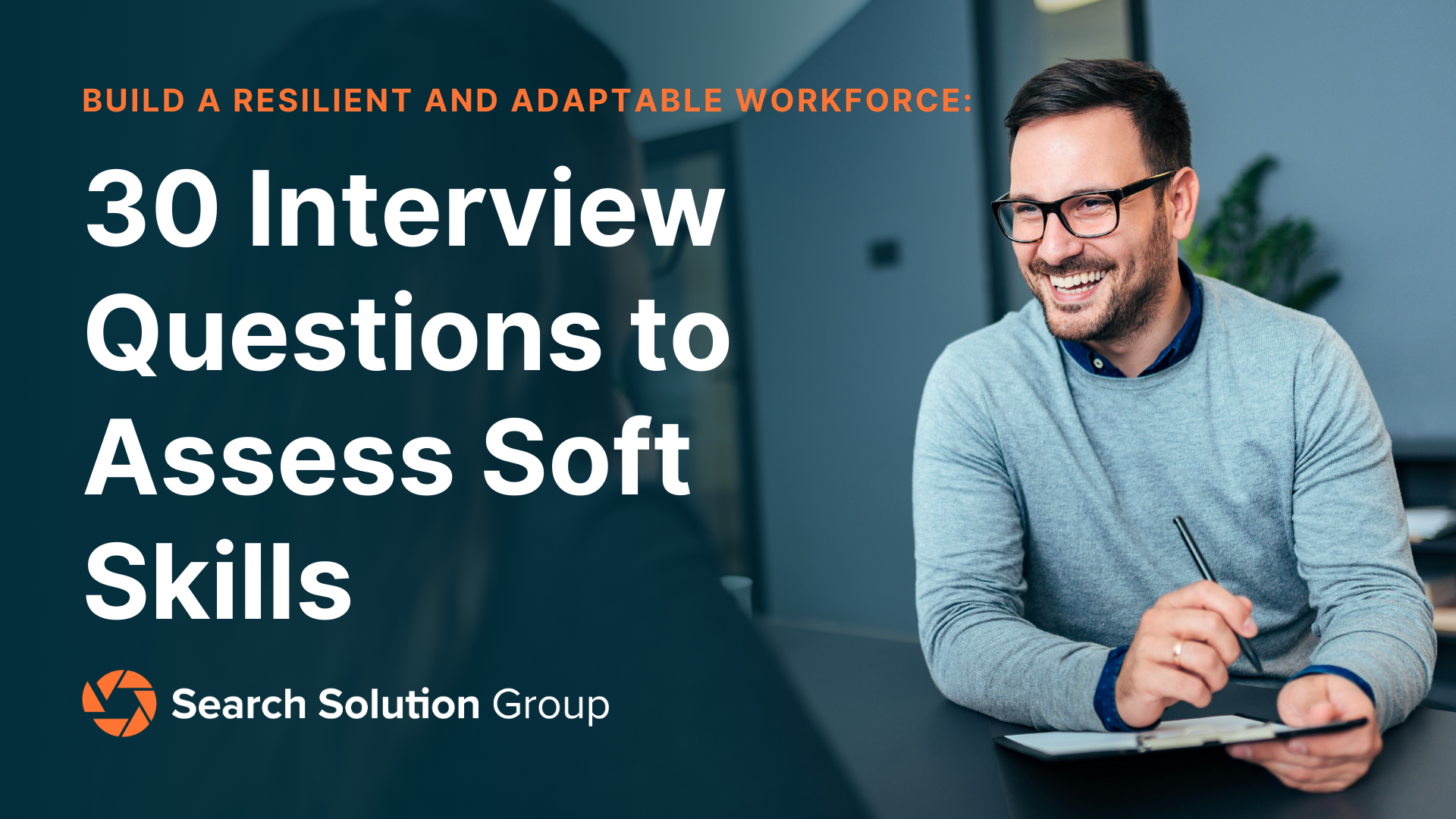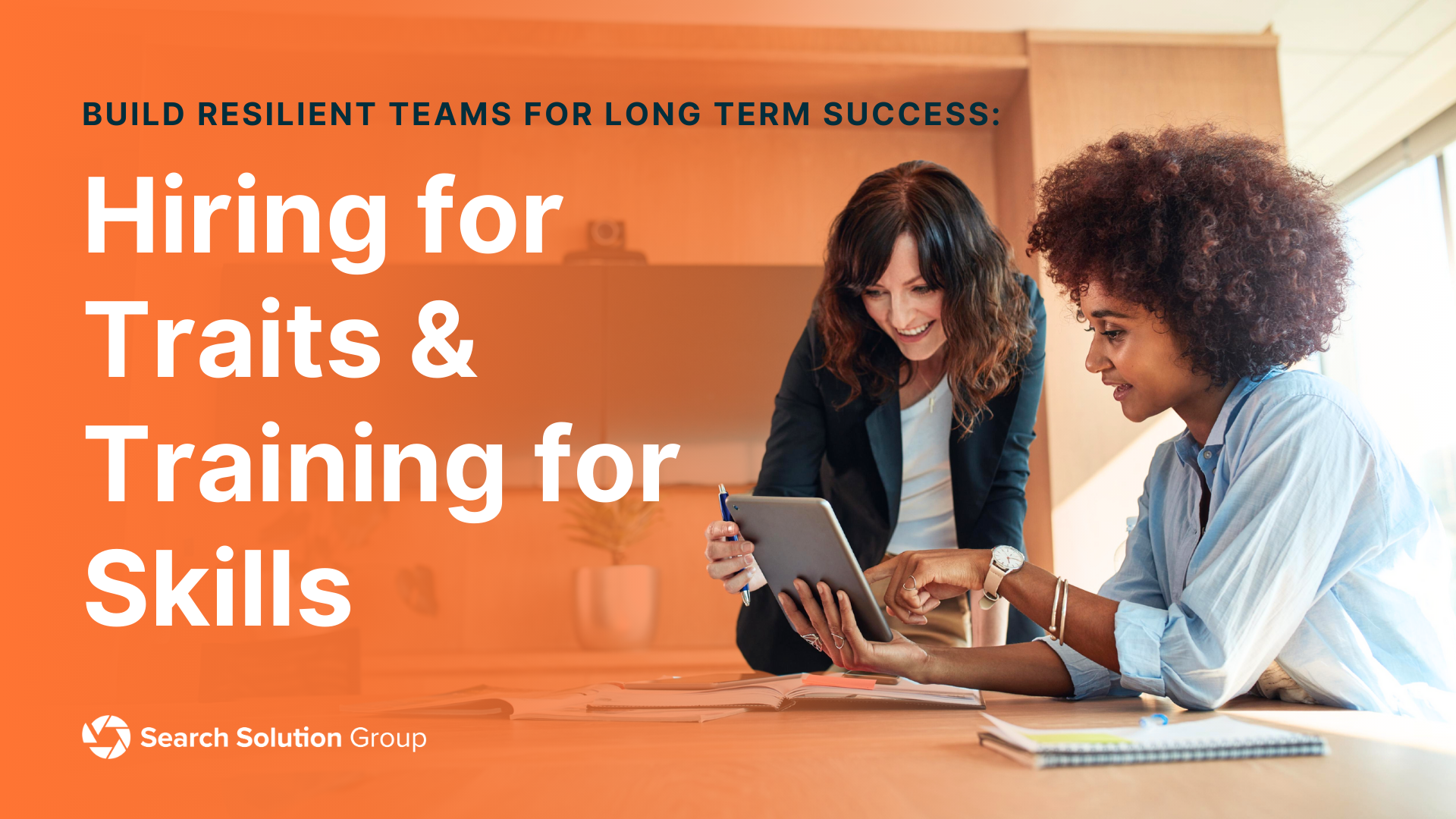First Interview in Years? What to Expect in Today’s Executive Interview Process
The executive job interview landscape has undergone significant changes over the years, driven by technological advancements and evolving business strategies. As an executive preparing for an interview after a substantial hiatus, it is natural to feel nervous about the prospect. However, by understanding the current job market and familiarizing yourself with the interview process, you can approach the experience with confidence. Whether it is a phone, in-person, or virtual interview, there are specific things you can generally expect to encounter as an executive in today’s dynamic professional landscape.
This blog aims to shed light on what you can expect in today’s executive interview process and how you can confidently prepare for it.
1. Digital Proficiency is Non-Negotiable
Expect: With the increasing emphasis on digital transformation, executives are expected not just to be familiar but proficient with modern tools, platforms, and technologies.
Prepare by:
- Getting comfortable with video conferencing platforms like Zoom, Microsoft Teams, or Google Meet.
- Familiarizing yourself with collaboration tools like Slack or Trello.
- Keeping abreast of digital trends relevant to your industry.
2. Multi-Stage Interviews Have Become Norm
Expect: The executive interview process often consists of multiple stages, from initial screenings to final panel discussions. These may include one-on-one meetings, panel interviews, assessment centers, and even social events.
Prepare by:
- Asking the recruiter about the interview format in advance.
- Practicing various scenarios: panel discussions, case presentations, and behavioral questions.
- Building endurance to stay sharp and enthusiastic through potentially lengthy interview processes.
3. Cultural Fit is as Crucial as Qualifications
Expect: Companies today place immense importance on cultural alignment. You might find interview questions angled more towards understanding your personal values, leadership style, and adaptability.
Prepare by:
- Thoroughly researching the company’s values, mission, and vision.
- Reflecting on past experiences that highlight your cultural alignment.
- Being genuine. It’s as much about you assessing the company’s fit for you as vice versa.
4. Emphasis on Diverse and Inclusive Leadership
Expect: The conversation around diversity and inclusion has intensified. Organizations seek leaders who not only understand these values but can champion them.
Prepare by:
- Educating yourself about D&I best practices.
- Reflecting on how you’ve fostered diverse teams or promoted inclusivity in the past.
- Being ready to discuss strategies for creating an inclusive environment.
5. The Rise of Soft Skills
Expect: Beyond your strategic prowess, there’s an increased focus on soft skills like emotional intelligence, adaptability, and effective communication.
Prepare by:
- Reflecting on instances when your soft skills played a pivotal role.
- Demonstrating your ability to lead with empathy, resilience, and vision.
- Taking online courses or attending workshops to sharpen these skills.
6. Real-time Problem Solving
Expect: It’s common now for executive interviews to include real-time problem-solving scenarios or case studies.
Prepare by:
- Keeping updated with industry-specific challenges.
- Practicing your strategic planning and critical thinking skills.
- Demonstrating a methodical approach, even if you don’t have an immediate answer.
7. Negotiating Beyond Salary
Expect: Compensation negotiations have become more holistic, extending beyond just the salary to include flexible working conditions, additional perks, professional development opportunities, and more.
Prepare by:
- Understanding your value and what you bring to the table.
- Researching competitive compensation packages in your industry.
- Being clear about what you value most, whether it’s work-life balance, further education, or other perks.
8. Understanding Recruitment Communication Standards
Expect: After your interview, it is very standard to follow up with the company to express your “thank you” and ask for follow-up steps. You should always reach out to the hiring manager or recruiter to thank them for their time and ensure you leave a lasting impression on the team.
Prepare by:
- Researching the hiring team and having their email addresses on hand to reach out to after the interview.
- Connect with the hiring team on LinkedIn. This can help you maintain a professional network and stay updated about job openings or industry insights.
- Follow up on any promised materials. If you were asked to provide additional documents or references after the interview, send them promptly. This demonstrates your eagerness and organization.
Now that you know what you can expect out of your upcoming interview, make sure you’ve taken all the steps to ensure that you are fully prepared.
Click here to save our SSG Interview Prep Downloadable Guide for a full interview preparation crash course to ensure you’re ready to nail that interview – even if it’s been years since your last one.
The world of executive interviews may have evolved, but the core principle remains the same: showcasing your value and potential. Embrace the changes, prepare thoroughly, and remember that every interview is a two-way street. It’s as much about assessing your fit for the company as it is about them assessing you. So, take a deep breath, be yourself, and stride confidently into that interview room.





